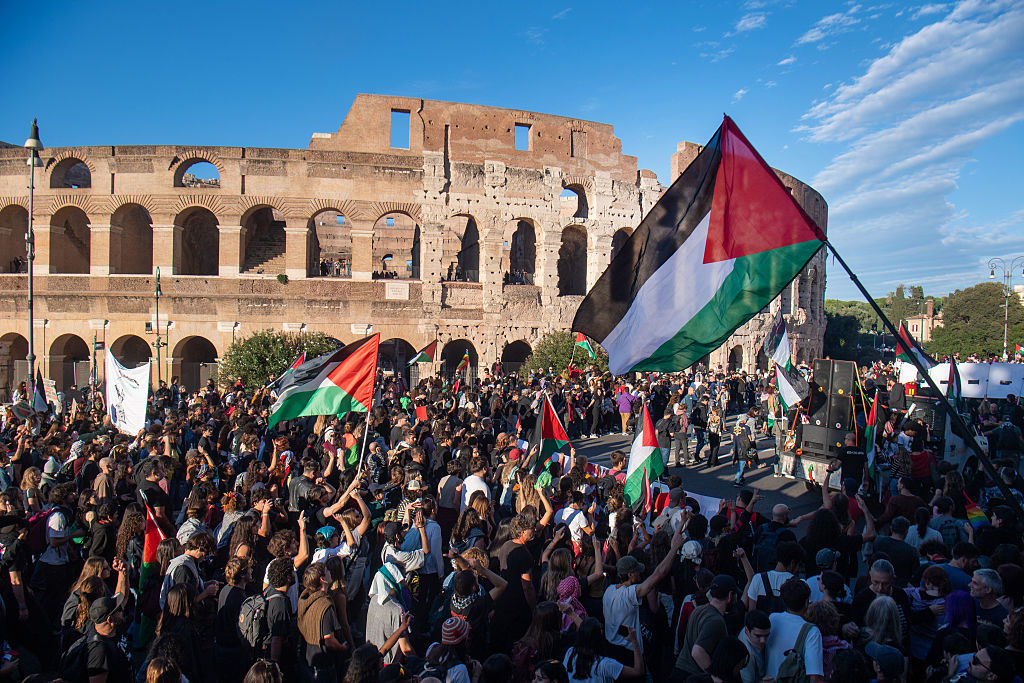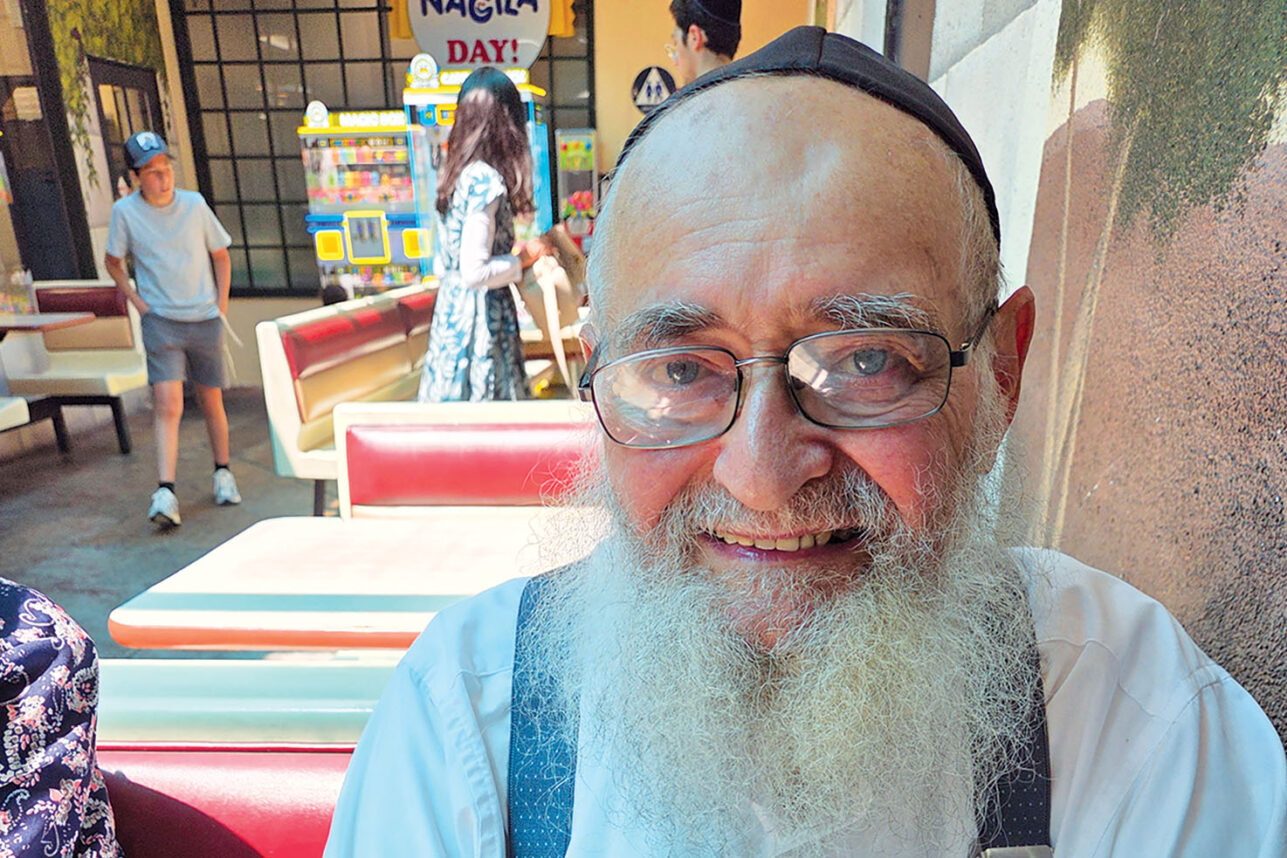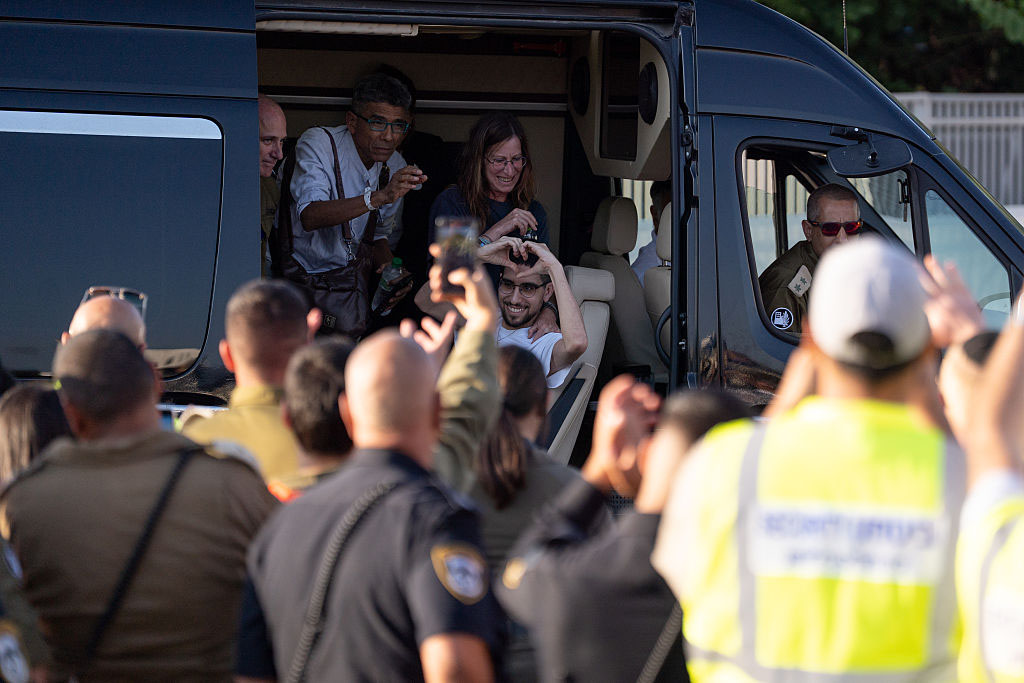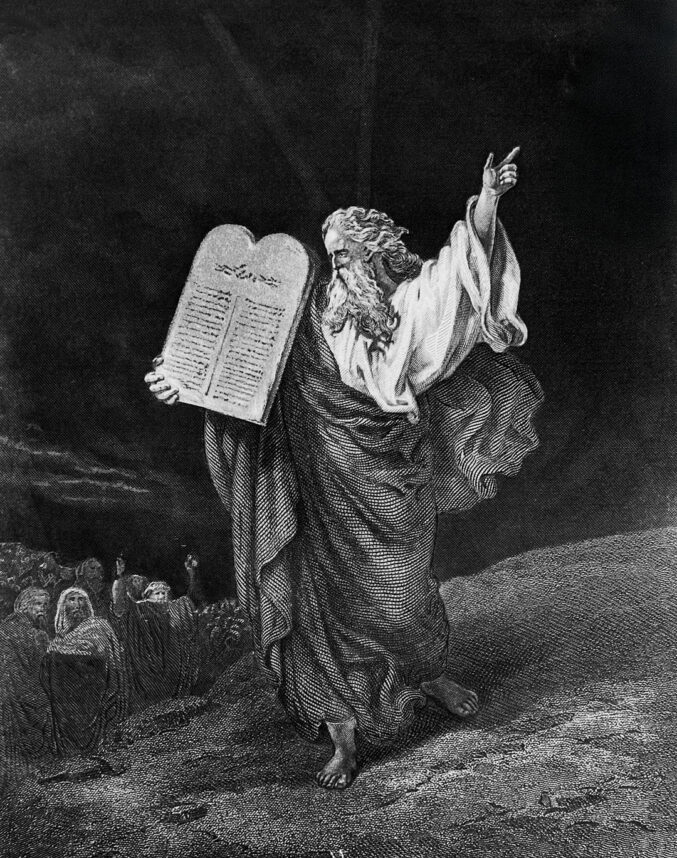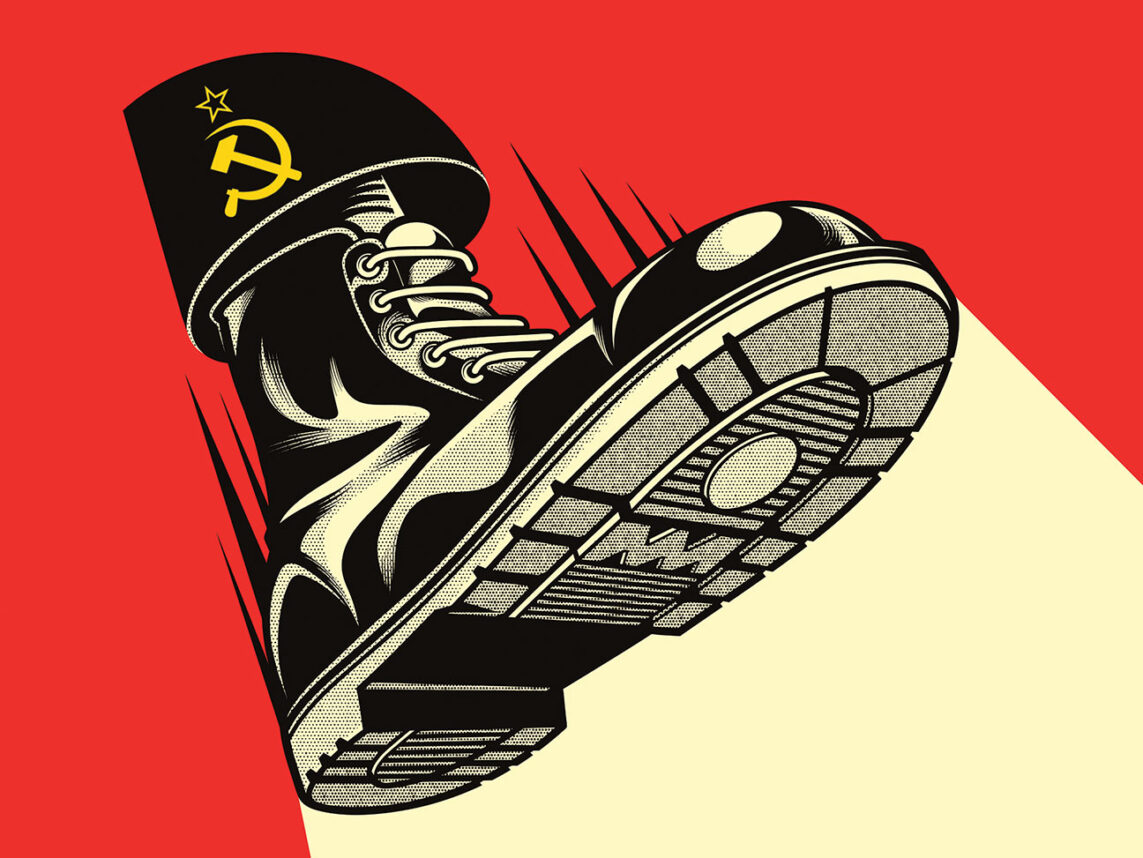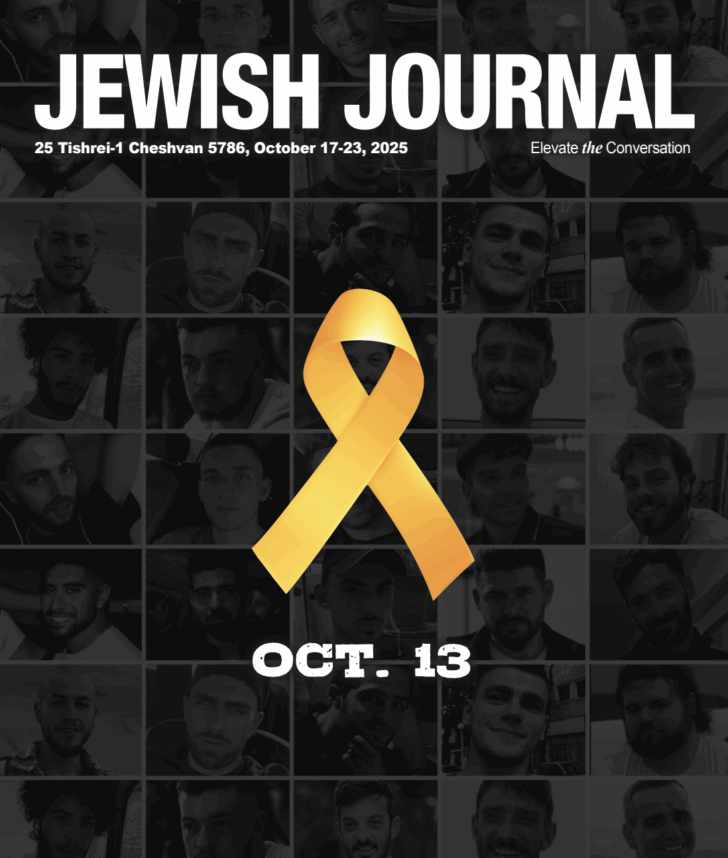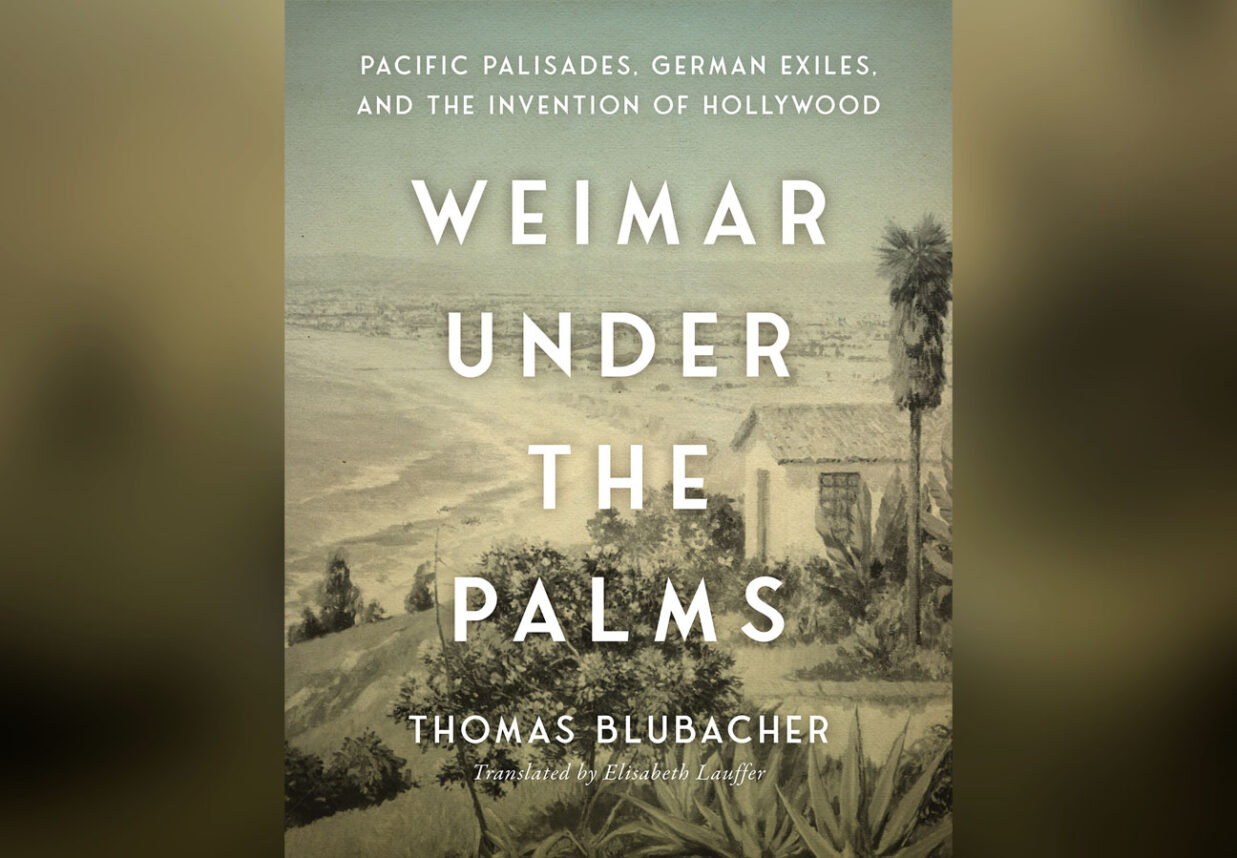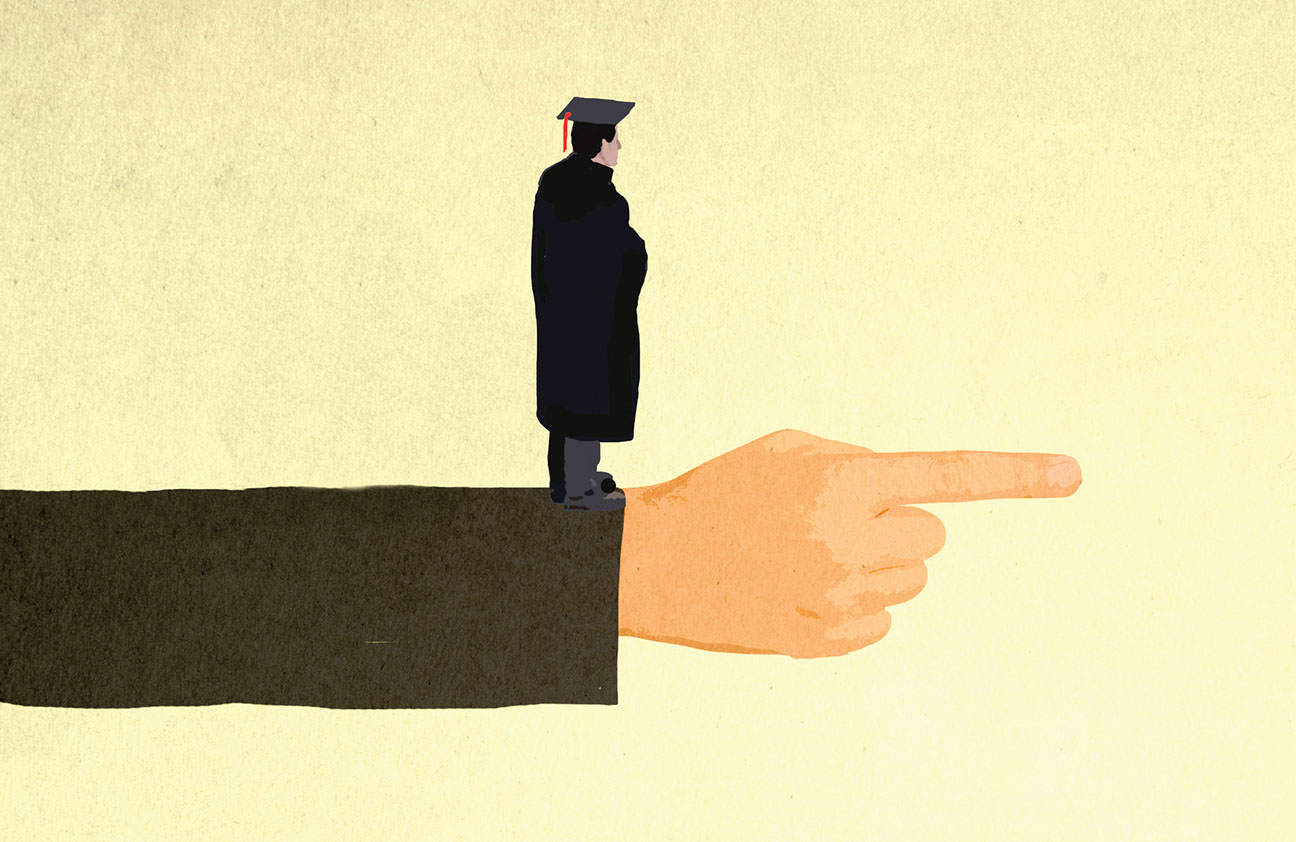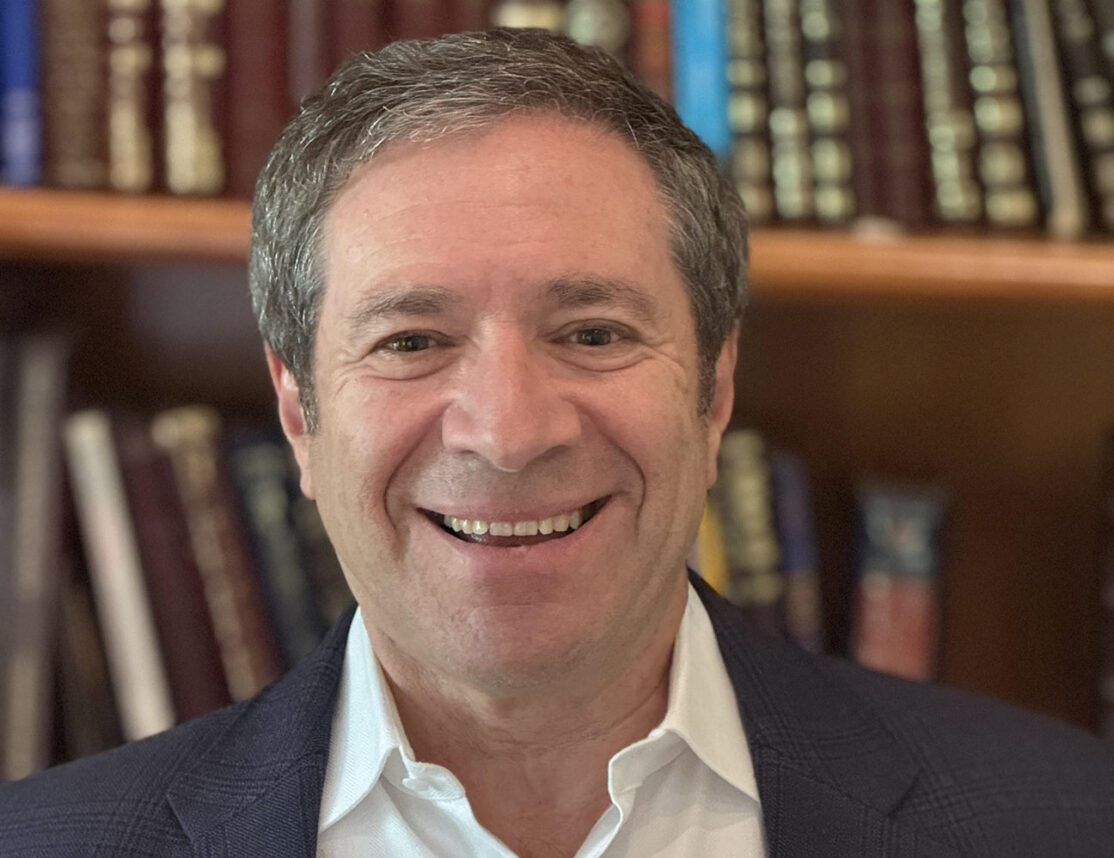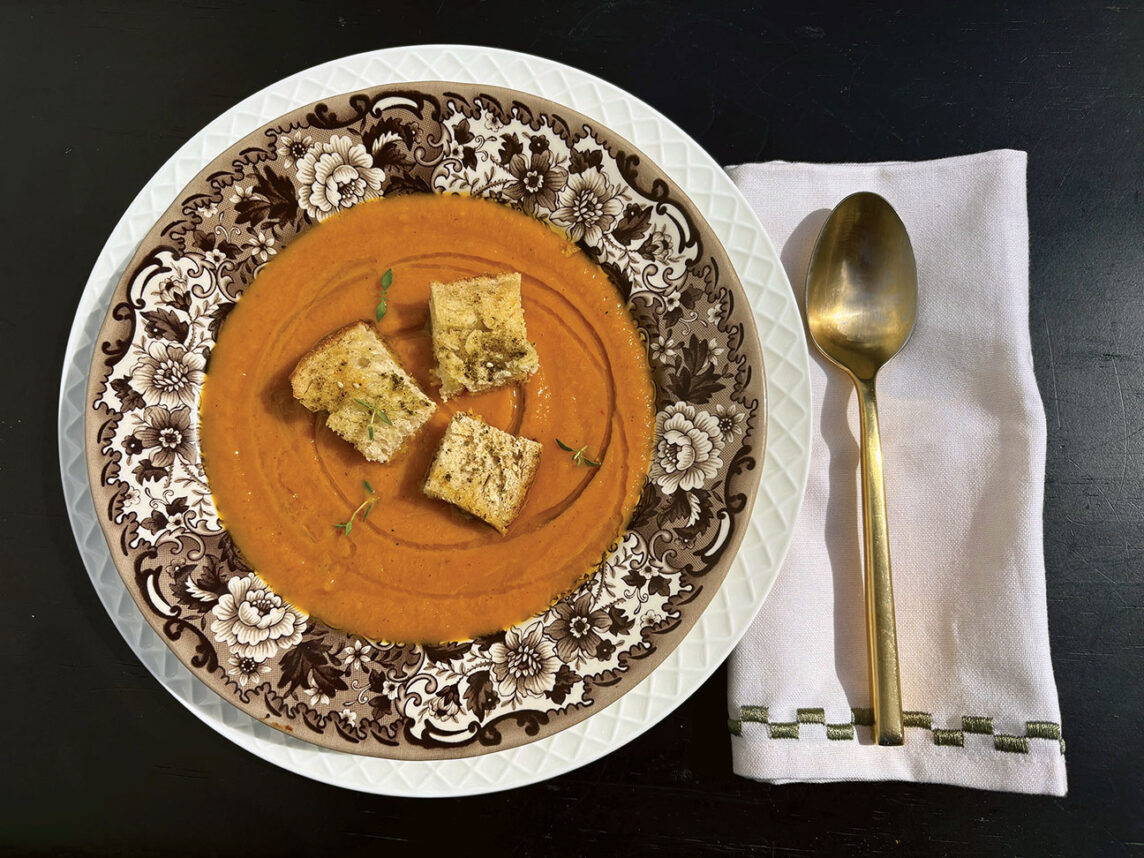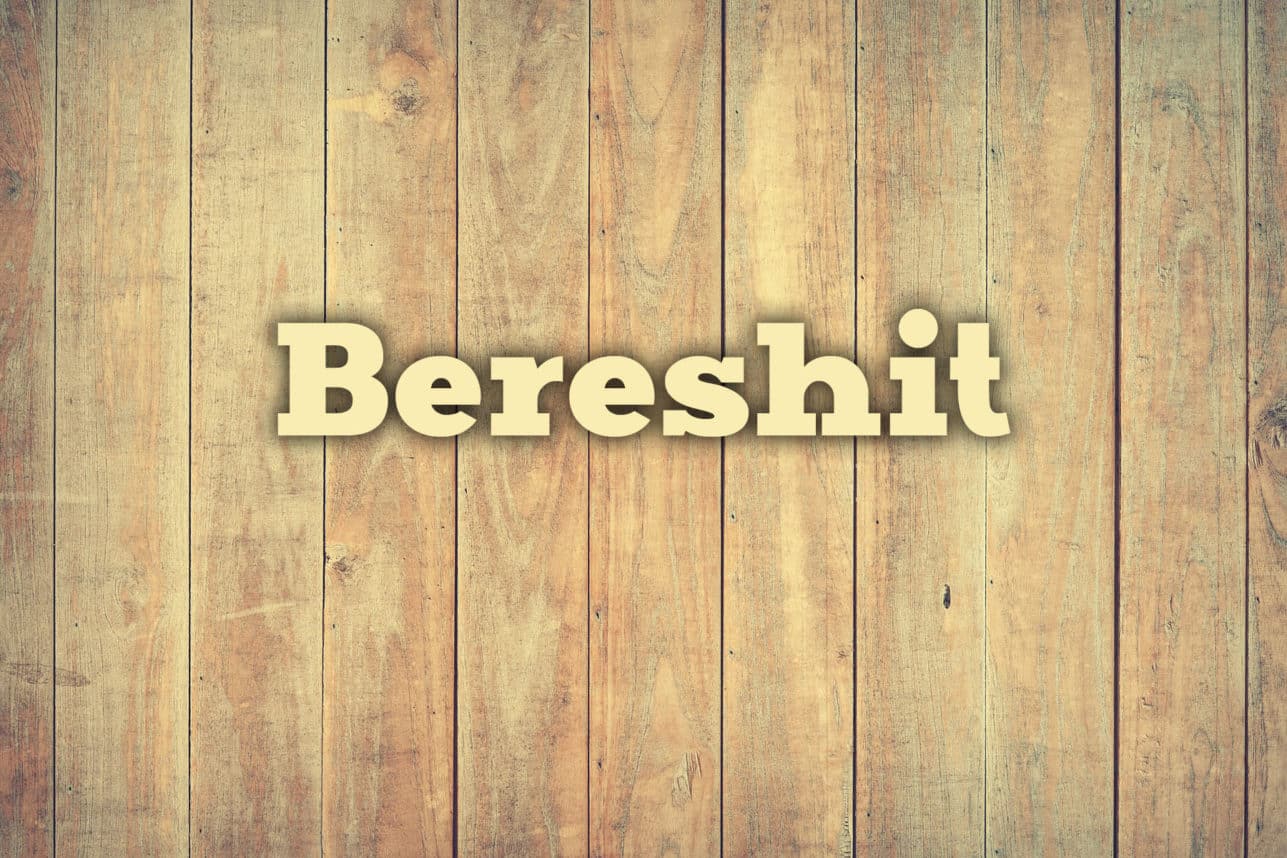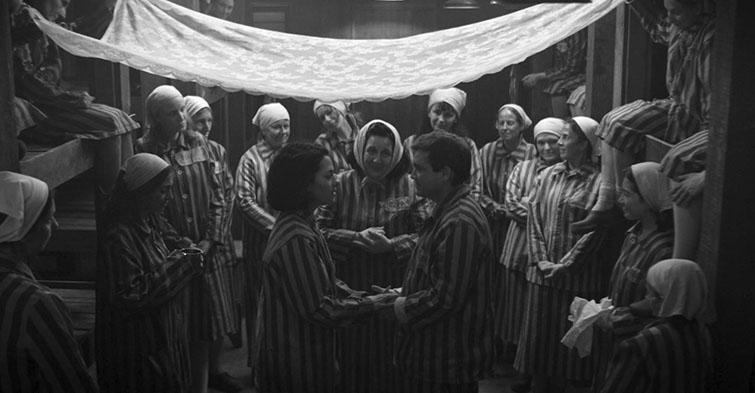
Remember the wedding scene in “Schindler’s List” where a couple secretly marries inside a concentration camp barracks? “Bau: Artist at War” tells the full story of that real-life couple — Joseph and Rebecca Bau. The movie has the virtues of “Life is Beautiful” and the intensity of “Schindler’s List,” and stands on its own as an engaging Holocaust drama. Go see it.
Joseph, played by actor Emile Hirsch, was a talented artist and a mischievous jokester. While in the Kraków-Płaszów concentration camp, his skills with a pen made him useful in mapmaking and making propaganda posters and signs. Kommandant Amon Göth (Josh Blacker) takes a liking to Bau but is just as heinous as SS officer Franz Gruen (played by Yan Tual). Actress Inbar Lavi plays Rebecca, who walks on eggshells in every scene she’s in with Göth and Gruen.
After the war, Bau became known as “the Walt Disney of Israel,” producing satirical paintings and animated shorts. He was later the chief artist for the Mossad — he even worked on the fake passport used in the extradition of Adolf Eichmann from Argentina to Israel in 1960.
Bau’s daughters, sisters Clila and Hadasa Bau, traveled from Israel to Los Angeles for the premiere. They both said that their parents never wanted to be remembered as heroes who saved Jews, but as people who taught others “to laugh, to be happy, and to laugh.”
Hadasa told The Journal that their father taught her to write music, and he took them to the theater, the museum, the cinema. “That’s what we are doing now, telling our parents’ story, with jokes and with music.”
For the sisters, the film fulfills a wish they have long carried. “Our parents were there. They witnessed and experienced what happened,” Hadasa said. “People say Joseph Bau was James Bond, not in the movie — in life. He was very secretive, not allowed to be famous. Now is the time that everyone will know who is Joseph and Rebecca Bau”
The film had been in progress for years. The production was originally set to film in Kraków, Poland, but shut down when the COVID-19 pandemic began in 2020. Production was delayed for two years.
Director Sean McNamara said he initially saw the movie as a story about events that happened decades earlier, but its meaning changed after the attacks of Oct. 7, 2023. “When I made the movie, I made the assumption that I was making a tale of something that happened 70 years ago, I had no idea how the world would change on Oct. 7. That was a shock,” McNamara said at the Jewish American Summit in September. “A big enough shock as it is. But then what’s happened since Oct. 7 and what’s going on in the world today, it is unfathomable to me. These films need to be seen now.”
Hirsch said he was moved by Joseph’s optimism, explaining that it’s easy in difficult times to be consumed by hopelessness and despair. Portraying a character who doesn’t give in to that mindset, Hirsch said, was “inspiring and enjoyable.”
He said that Robin Williams was an influence on his performance. “I love Robin in general. You can’t imitate Robin Willams, it would never work, but there’s something to that sense of humor in that playfulness that he had that I, in playing Joseph, was trying to not only find with the writers and the director.”
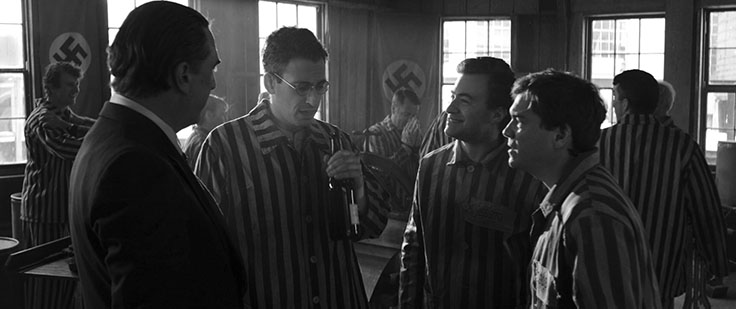
Provided with permission
Adam Tsekhman, who plays Itzhak Stern, said conveying the moral tension behind “the list” was daunting. “One thing I did learn … is that [Stern] was a man that you could really rely on someone with a very strong moral compass,” he told The Journal. “Someone who always kind of did the right thing, but it’s hard to do the right thing. So many of these situations happened during the Holocaust. It’s like the trolley problem where you pick this and five people die, or you pick this and one person dies. What do you do? And to imagine the weight on someone’s shoulders to determine do these people die? And especially because he’s the one compiling the list. And there is a powerful moment in the movie where Rebecca Bau begs Stern to switch her name with Joseph.” Rebecca didn’t even tell Joseph what she did until they were doing press for “Schindler’s List” — almost 50 years later.
Singer-songwriter Ryn Kidd, who co-wrote “However Long Forever Is,” which is heard during “Bau’s” epilogue, said the melody came to her effortlessly after seeing the engagement scene. “Joseph says, ‘However long forever is, share it with me,’” Kidd told The Journal. She co-wrote the track with her frequent collaborator Andrew Burr, along with the score’s composer, John Coda. “That line encapsulates their experience.”









